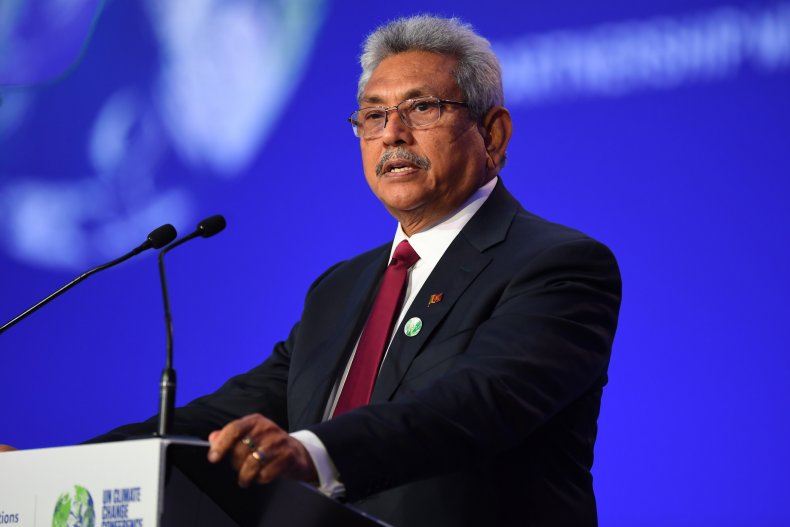Sri Lanka Crisis Updates: PM Ranil Wickremesinghe has announced his resignation to make way for an all-party government to take over
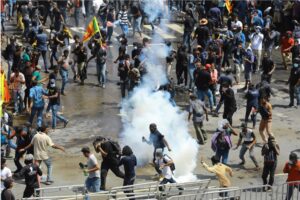
Sri Lanka’s President Gotabaya Rajapaksa will step down on July 13, the country’s parliamentary speaker said on Saturday following violent protests in the capital. Demonstrators stormed the president’s official residence and set fire to the prime minister’s home in Colombo on Saturday.
The announcement came after months of anti-government protests in the island nation in the wake of the economic crisis.
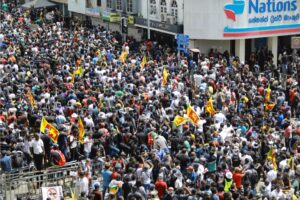
Prime Minister Ranil Wickremesinghe on Saturday offered to resign from his post and make way for an all-party government to take over, the prime minister’s office in Sri Lanka said in a statement. Wickremesinghe had called an all-party meet to resolve the escalating crisis in the island nation.
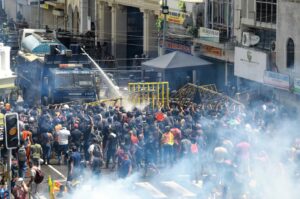
Sri Lanka’s Prime Minister on Saturday summoned an emergency meeting of political party leaders after protesters stormed the president’s house in the commercial capital Colombo amid growing anger over the government’s handling of an economic crisis. Ranil Wickremesinghe also requested the speaker to summon parliament, a statement from the prime minister’s office said. (Reuters)
The island of 22 million people is struggling under a severe foreign exchange shortage that has limited essential imports of fuel, food and medicine, plunging it into the worst financial turmoil in seven decades. Thousands of people swarmed into Colombo’s government district, shouting slogans against the president and dismantling several police barricades to reach Rajapaksa’s house, a witness was quoted as saying by news agency Reuters. Police fired shots in the air but were unable to stop the angry crowd from surrounding the presidential residence, the witness added.
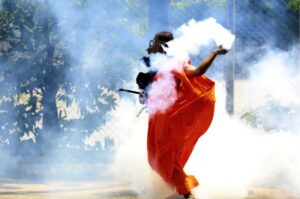
Despite a severe shortage of fuel that has stalled transportation services, demonstrators packed into buses, trains and trucks from several parts of the country to reach Colombo to protest the government’s failure to protect them from economic ruin. Discontent has worsened in recent weeks as the cash-strapped country stopped receiving fuel shipments, forcing school closures and rationing of petrol and diesel for essential services.
Sampath Perera, a 37-year-old fisherman took an overcrowded bus from the seaside town of Negombo 45 km (30 miles) north of Colombo, to join the protest. “We have told Gota over and over again to go home but he is still clinging onto power. We will not stop until he listens to us,” Perera said. He is among the millions squeezed by chronic fuel shortages and inflation that hit 54.6% in June.
Political instability could undermine Sri Lanka’s talks with the International Monetary Fund seeking a $3 billion bailout, a restructuring of some foreign debt and fund-raising from multilateral and bilateral sources to ease the dollar drought.

